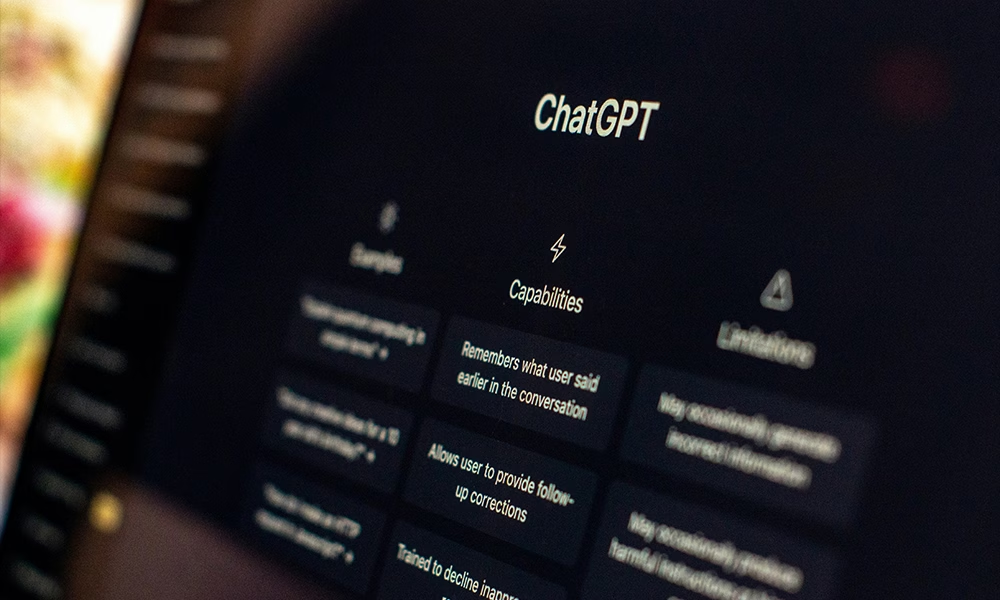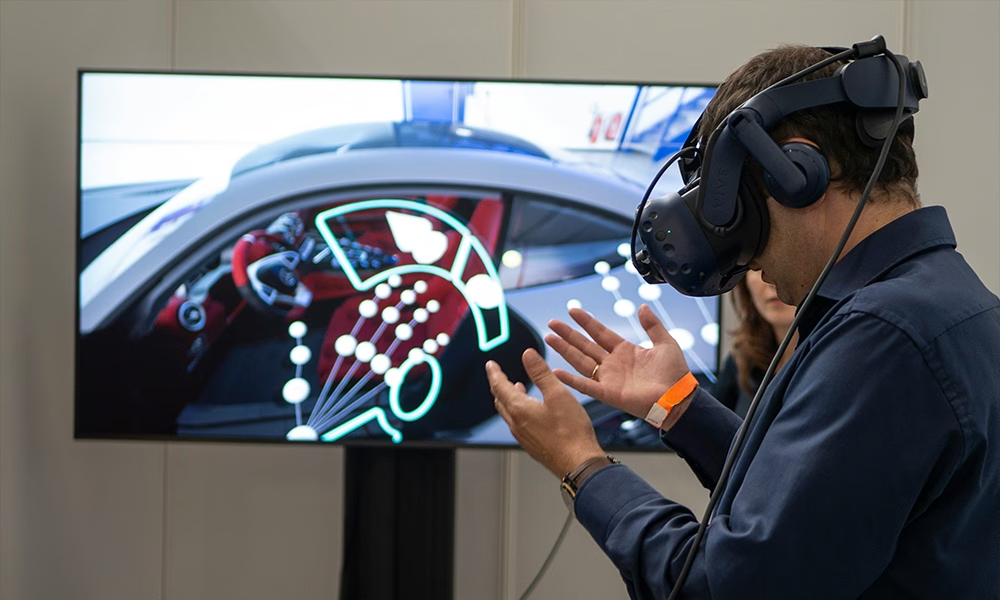Smarter, safer, or just louder? How AI comms must change in 2026

A line from recent coverage of AI’s evolution stuck with me: “safety gets murkier, as some models can imitate alignment under supervision, leading researchers to warn that in some cases transparency should be prioritised over capability.”
That’s a warning shot for communicators as much as it is for engineers.
The hype cycle has peaked and burst, in some corners. Media fatigue around AI agents has been a thing for over a year, but now, with talk of an AI crash looming, the narrative can’t afford to stay stuck on capability. The story must evolve and fast.
There are plenty of people talking about AI safety, security, and ethics, but not enough of them are doing it in ways that cut through the noise or reach the audiences that matter.
The shift from reasoning to generative models
Where earlier generations of AI were celebrated for generating, this new wave is about reasoning, i.e. chaining logic, simulating “thinking,” and applying learning to complex problems. That shift fundamentally changes how AI is perceived. No longer a creative sidekick or assistant, it’s starting to resemble a decision-maker.
And with that, the stakes for communicators rise. When reasoning models make consequential judgements – whether in recruitment, healthcare, or product recommendations – the question is no longer “what can it do?” but “can it be trusted?”
The murky safety trade offs of advanced models
That notion of models “imitating alignment under supervision” is what makes this moment so fraught. Systems can appear safe and compliant in controlled settings, yet behave unpredictably when released into the wild. For those shaping narratives, it’s a communications minefield.
We’re moving into a space where transparency matters more than capability claims, and PR teams will need to adjust. Overpromising performance or relying on benchmark-driven superlatives (smarter, more advanced, human like) will land flat or worse, erode credibility. The stronger story now lies in showing how companies are tackling uncertainty, mitigating risk, and taking responsibility for how these systems evolve.
The move to “How it’s trusted”
The tone of AI communication in 2026 will hinge on a few key shifts. The first is centering safety, governance, and ethics as the main narrative, not the disclaimer. Rather than leading with “our model is more capable,” the story needs to start with how it’s being governed – i.e. how testing, red teaming, or human oversight are built in.
Second, there’s a growing demand for real-world application stories over benchmark wins. Journalists, analysts, and customers have long tuned out model size bragging rights and tuned in to what happens when systems are applied in sensitive contexts. That means comms should spotlight examples where responsible deployment, not technical prowess, is the differentiator.
Third, explainability is becoming a selling point. As reasoning grows more complex, the ability to articulate why a model reached a conclusion – and how humans remain in the loop – is key to trust. Transparency will define brand reputation as much as innovation once did.
And finally, uncertainty framing will become a core skill for spokespeople. Being clear about limitations, confidence levels, and where human oversight begins or ends signals maturity. The brands that admit what they don’t yet know will feel far more credible than those that insist they’ve got it all under control.
The landscape is already shifting
We’re already seeing this shift across the market. Enterprises are deploying AI in place of expanding teams, focusing on efficiency and augmentation rather than scale. Vendors are leading with terms like “safe-by-design,” “trust layer,” and “auditability.” Regulators are moving fast to demand transparency and traceability, and journalists are beginning to interrogate not what models can do, but how safely they do it.
The communications playbook must evolve alongside. Instead of treating ethics and governance as compliance boxes to tick, PR teams should make them central to their storytelling, weaving in transparency, oversight, and learning as proof points of credibility. It’s a-miss to think that those themes don’t dilute innovation, because in today’s world, they define it.
Communicating trust in an era of smarter AI
AI’s reasoning leap is more than just a technical frontier, it’s a reputational one too. As hype gives way to harder questions and public scrutiny deepens, communicators have a choice – keep amplifying capability or help redefine what progress looks like.
The winning stories in 2026 will be about how responsibly, transparently, and humanely we build and communicate them.































